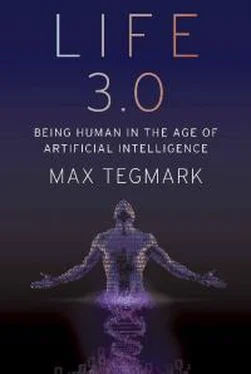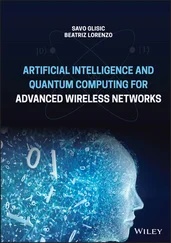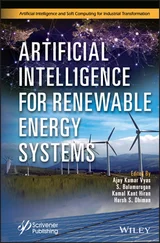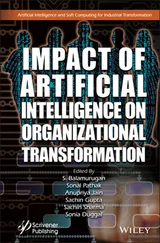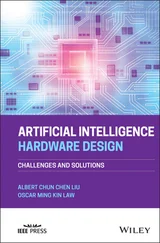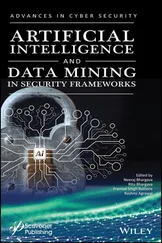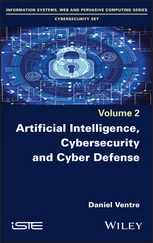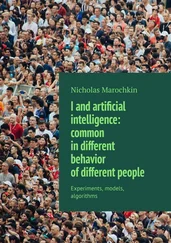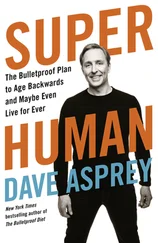• I view this conversation about the future of life with AI as the most important one of our time—please join it!
*1 Why did life grow more complex? Evolution rewards life that’s complex enough to predict and exploit regularities in its environment, so in a more complex environment, more complex and intelligent life will evolve. Now this smarter life creates a more complex environment for competing life forms, which in turn evolve to be more complex, eventually creating an ecosystem of extremely complex life.
*2 The AI conversation is important in terms of both urgency and impact. In comparison with climate change, which might wreak havoc in fifty to two hundred years, many experts expect AI to have greater impact within decades—and to potentially give us technology for mitigating climate change. In comparison with wars, terrorism, unemployment, poverty, migration and social justice issues, the rise of AI will have greater overall impact—indeed, we’ll explore in this book how it can dominate what happens with all these issues, for better or for worse.
Chapter 2 Matter Turns Intelligent
Hydrogen…, given enough time, turns into people.
Edward Robert Harrison, 1995
One of the most spectacular developments during the 13.8 billion years since our Big Bang is that dumb and lifeless matter has turned intelligent. How could this happen and how much smarter can things get in the future? What does science have to say about the history and fate of intelligence in our cosmos? To help us tackle these questions, let’s devote this chapter to exploring the foundations and fundamental building blocks of intelligence. What does it mean to say that a blob of matter is intelligent? What does it mean to say that an object can remember, compute and learn?
What Is Intelligence?
My wife and I recently had the good fortune to attend a symposium on artificial intelligence organized by the Swedish Nobel Foundation, and when a panel of leading AI researchers were asked to define intelligence, they argued at length without reaching consensus. We found this quite funny: there’s no agreement on what intelligence is even among intelligent intelligence researchers! So there’s clearly no undisputed “correct” definition of intelligence. Instead, there are many competing ones, including capacity for logic, understanding, planning, emotional knowledge, self-awareness, creativity, problem solving and learning.
In our exploration of the future of intelligence, we want to take a maximally broad and inclusive view, not limited to the sorts of intelligence that exist so far. That’s why the definition I gave in the last chapter, and the way I’m going to use the word throughout this book, is very broad:
intelligence = ability to accomplish complex goals
This is broad enough to include all above-mentioned definitions, since understanding, self-awareness, problem solving, learning, etc. are all examples of complex goals that one might have. It’s also broad enough to subsume the Oxford Dictionary definition—“the ability to acquire and apply knowledge and skills”—since one can have as a goal to apply knowledge and skills.
Because there are many possible goals, there are many possible types of intelligence. By our definition, it therefore makes no sense to quantify intelligence of humans, non-human animals or machines by a single number such as an IQ. *1What’s more intelligent: a computer program that can only play chess or one that can only play Go? There’s no sensible answer to this, since they’re good at different things that can’t be directly compared. We can, however, say that a third program is more intelligent than both of the others if it’s at least as good as them at accomplishing all goals, and strictly better at at least one (winning at chess, say).
It also makes little sense to quibble about whether something is or isn’t intelligent in borderline cases, since ability comes on a spectrum and isn’t necessarily an all-or-nothing trait. What people have the ability to accomplish the goal of speaking? Newborns? No. Radio hosts? Yes. But what about toddlers who can speak ten words? Or five hundred words? Where would you draw the line? I’ve used the deliberately vague word “complex” in the definition above, because it’s not very interesting to try to draw an artificial line between intelligence and non-intelligence, and it’s more useful to simply quantify the degree of ability for accomplishing different goals.
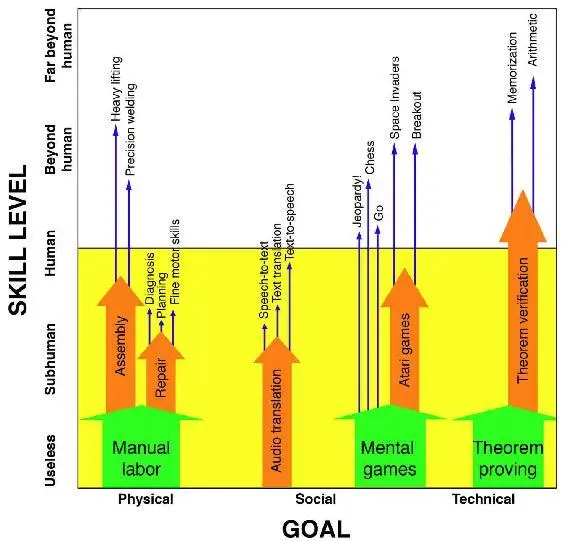
Figure 2.1: Intelligence, defined as ability to accomplish complex goals, can’t be measured by a single IQ, only by an ability spectrum across all goals. Each arrow indicates how skilled today’s best AI systems are at accomplishing various goals, illustrating that today’s artificial intelligence tends to be narrow, with each system able to accomplish only very specific goals. In contrast, human intelligence is remarkably broad: a healthy child can learn to get better at almost anything.
To classify different intelligences into a taxonomy, another crucial distinction is that between narrow and broad intelligence. IBM’s Deep Blue chess computer, which dethroned chess champion Garry Kasparov in 1997, was only able to accomplish the very narrow task of playing chess—despite its impressive hardware and software, it couldn’t even beat a four-year-old at tic-tac-toe. The DQN AI system of Google DeepMind can accomplish a slightly broader range of goals: it can play dozens of different vintage Atari computer games at human level or better. In contrast, human intelligence is thus far uniquely broad, able to master a dazzling panoply of skills. A healthy child given enough training time can get fairly good not only at any game, but also at any language, sport or vocation. Comparing the intelligence of humans and machines today, we humans win hands-down on breadth, while machines outperform us in a small but growing number of narrow domains, as illustrated in figure 2.1. The holy grail of AI research is to build “general AI” (better known as artificial general intelligence, AGI) that is maximally broad: able to accomplish virtually any goal, including learning. We’ll explore this in detail in chapter 4. The term “AGI” was popularized by the AI researchers Shane Legg, Mark Gubrud and Ben Goertzel to more specifically mean human-level artificial general intelligence: the ability to accomplish any goal at least as well as humans.1 I’ll stick with their definition, so unless I explicitly qualify the acronym (by writing “superhuman AGI,” for example), I’ll use “AGI” as shorthand for “human-level AGI.” *2
Although the word “intelligence” tends to have positive connotations, it’s important to note that we’re using it in a completely value-neutral way: as ability to accomplish complex goals regardless of whether these goals are considered good or bad. Thus an intelligent person may be very good at helping people or very good at hurting people. We’ll explore the issue of goals in chapter 7. Regarding goals, we also need to clear up the subtlety of whose goals we’re referring to. Suppose your future brand-new robotic personal assistant has no goals whatsoever of its own, but will do whatever you ask it to do, and you ask it to cook the perfect Italian dinner. If it goes online and researches Italian dinner recipes, how to get to the closest supermarket, how to strain pasta and so on, and then successfully buys the ingredients and prepares a succulent meal, you’ll presumably consider it intelligent even though the original goal was yours. In fact, it adopted your goal once you’d made your request, and then broke it into a hierarchy of subgoals of its own, from paying the cashier to grating the Parmesan. In this sense, intelligent behavior is inexorably linked to goal attainment.
Читать дальше
